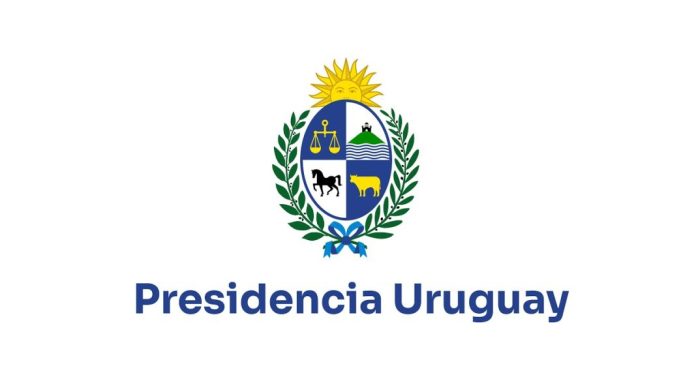The Uruguayan state has taken a stunning step towards legislating and taxing gambling activities in its territory. A new decree, decree number 167/025, gives life to a special tax on bets placed with electronic game machines and automatic betting systems installed within casinos and authorized entertainment spaces. It was signed into law by President Yamandú Orsi and Minister of Economy Gabriel Oddone and is a careful step in the direction of allowing more direct contributions to the state’s fiscal system.
The new regulation imposes a 0.75% tax on the total amount of each wager. That is, regardless of whether the wager is placed in chips, coins, bills, e-money, or other equivalent sources, the initial amount wagered by the player is subject to tax. The government explains that the tax event is actually the wagering event itself, and not the subsequent winnings or repetition that might occur during the game.
Scope of the Decree
The decree precisely focuses on a particular segment of the gambling industry: games of chance with immediate results that are played through electronic or automated devices. Licensed casinos and entertainment halls, already regulated tightly, now have to include this new taxation burden in their financial management.
Significantly, the decree clarifies that the taxable base is the initial amount staked by the gambler. Any subsequent winnings accumulated during a gaming session will not be subject to taxation anew. This provision is intended to simplify the tax system, avoiding cumbersome calculations from continuous winning or the reinvestment of credits.
Administrative Oversight
The General Tax Directorate (Dirección General Impositiva, DGI) has been responsible for collecting and administering this new tax. Casinos and gaming houses ought to pay to the DGI amounts corresponding thereto, which shall be cashed and administered the tax in line with procedures to be determined by the Ministry of Economy and Finance.
By bringing monitoring into the DGI, the government aims to render tax collection transparent, consistent, and accountable. The move aligns with Uruguay’s general policy of consolidating fiscal control across many sectors of the economy.
Implications for the Gaming Industry
For casinos and entertainment centers, this order provides a new level of responsibility. They will be required to alter their technological and financial infrastructures to record properly and transfer in time the tax amounts due. On the face of it, 0.75% may appear very small, but its cumulative effect over thousands of wagers might be a respectable source of revenue for the state.
At a player level, the impact may be less apparent. The levy is placed on betting activity itself and taken by the operator initially before handing it over to the state. This would mean that individual players may not necessarily feel a change in their gaming experience, even though operators would probably have to alter business models, prices, or promotional offers to ensure they can cover the added fiscal expense.
Economic and Policy Context
The imposition of this tax is also part of a global trend where governments are increasingly reliant upon gambling as a source of public revenue. Uruguay is joining other countries in Latin America and globally to introduce targeted gaming taxes, both as a way of financing public expenditure and as a way of regulating an industry often criticized for its social impact.
The government’s move to fix the rate at 0.75% suggests a balancing act. On the one hand, it ensures the state derives benefits from gambling activity. On the other hand, it avoids raising the rate so high that it will discourage operators, promote illegal gambling, or push players into the black market.
Looking Ahead
When the decree takes effect, the success of the decree will lie in the hands of both the government and the gaming industry to implement it without a glitch. Close supervision by the DGI will be the key in order to guarantee compliance and to evaluate if the 0.75% tax rate meets the intended fiscal objective.
For Uruguay, this move is not primarily a matter of taxation. It is evidence of a broader commitment to structuring the regulation of gambling in a way that balances economic interest, social effect, and state regulation. In due course, it could be a template for other nations in the region seeking to reshape their approach to gambling and public finance.
Source: YogoNet
